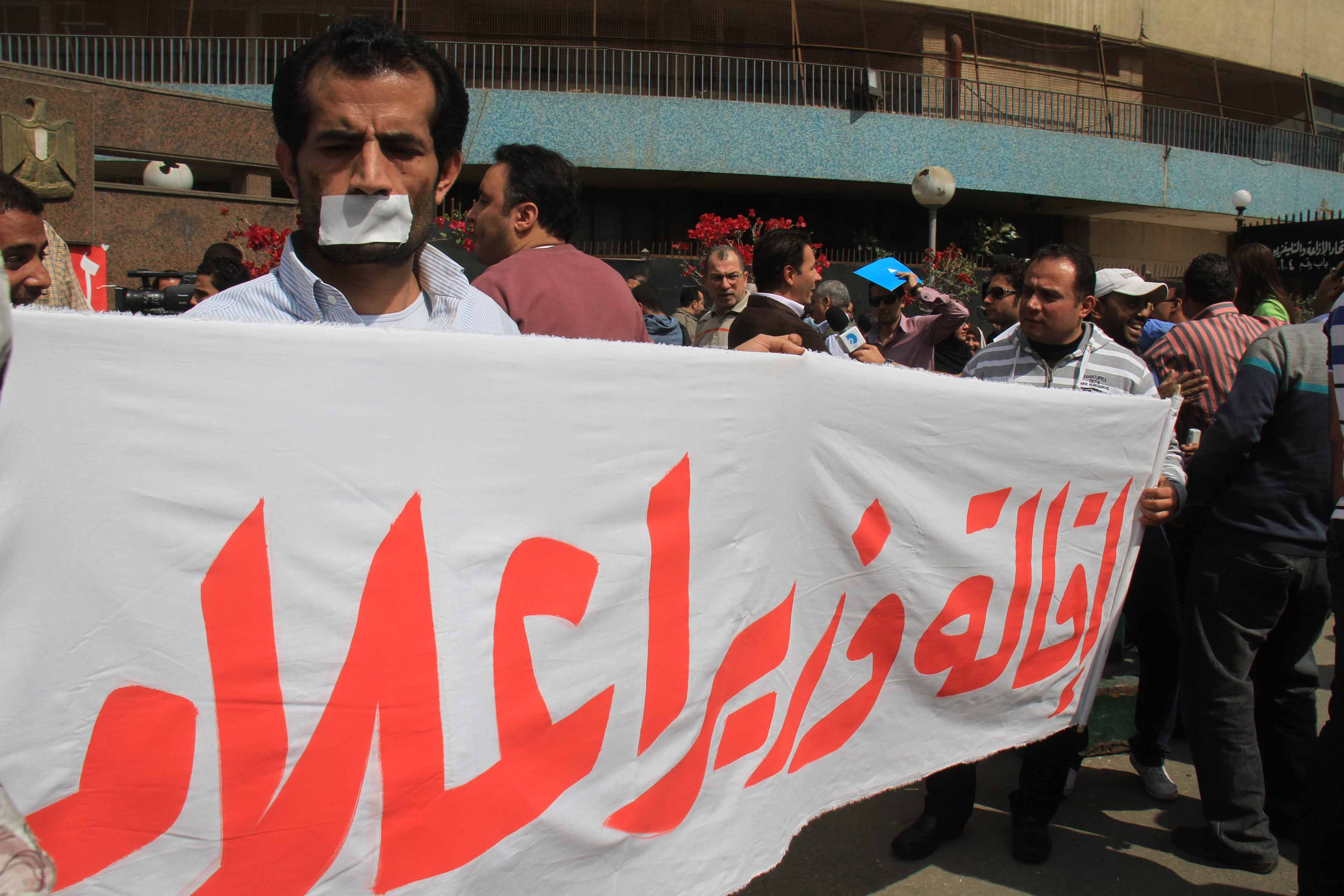As a newcomer to Cairo, I had been surprised when my Pilates class was conducted to the Bollywood hit single “Kabhie Kabhie. Indian music in Egypt? Months later, I am no longer surprised by the enthusiasm of the multitude of appreciative audiences who turned up to enjoy an evening of Indian folk dance and music at the Cairo Opera House on Monday.
The performance, organized under the auspices of the Maulana Azad Center for Indian Culture (MACIC) in cooperation with the Ministry of Culture of Egypt, is the first of its kind to be held in the holy month of Ramadan. “Going by past experience, MACIC felt that Indian folk dance and music would have a great resonance among the people of Egypt, Suchitra Durai, minister plenipotentiary and director of MACIC, told Daily News Egypt.
“Our objective in organizing such performances during Ramadan is to show the people of Egypt the vast cultural heritage of India, she adds.
The curtain went up on “Desert Symphony, an ensemble of folk musicians; repositories of folk music that has been passed on from generation to generation in the oral tradition. The group hails from Rajasthan, the most colorful state in India, an attribute clearly reflected in the colors of their turbans. A couple of them even had the kufeya, the traditional headdress worn by Arab men, draped around their shoulders that blended seamlessly with their attire.
They played the sarangi (a violin-line instrument), the dholak (the twin faced drum), the Algoza (a couple of bamboo flutes played together), the harmonium, and interspersed them with some soulful singing. Individually, each of these instruments had its own distinctive melody but played together; they created enthralling melodies that belied the primitive look of these instruments.
The audience, comprised of Indians, Egyptians and other expatriates living in Cairo, were equally captivated by the performance. Yasmin and Ehab Oro, of Iranian origin, who were amongst the audience, found it “very similar to the Iranian maqam.
Desert Symphony’s final act, a rendition of the famous Rajasthani folk song “Holiya me ude re gulal created a carnival-like atmosphere with the energetic pounding of the dholak. With heads nodding, feet tapping and fingers drumming, the audience participated wholeheartedly in the performance. The thundering applause that met its culmination provided the impetus to the performers to go on for some more time.
“I think the spontaneity and the vigor with which the artistes performed struck a chord in the viewer. The ‘Khatkaal’ jugalbandi, for instance, not only had a captivating rhythm but also so much drama, says Durai
The second part of the evening saw the Panthi dancers from the central state of Chattisgarh in India dazzle the audiences with their agility and liveliness. The dance started with a slow beat, leading to a crescendo. As the rhythm quickened, the dancers formed human pyramids-combining physical agility with grace.
“I just loved the energy in their dance, enthused audience member Dina Yacoup, a student of Hindi and is an admirer of the Indian dances.
Deepa Ghosh, another audience member would have “loved to know the diet of the Panthi dancers. Considering that the troop consists of nine members responsible for everything from singing, dancing, playing the mridangam and cymbals and even performing acrobatic act, this query must have been shared by several other audience members.
The Cultural Exchange Program between India and Egypt provides for exchange of dancers, musicians, painters and other artists and has served as the framework for bringing various Indian cultural troupes to Egypt and highlighting the rich cultural heritage of India. Next up for India is the Cairo International Film Festival in November where it’ll serve as the 33rd edition’s guest of honor.
“The aim of cultural exchange is to foster friendship and understanding between the peoples of both countries Durai said. “We hope that we are able to achieve this through our activities, she concluded.
The Mubarak Public Library in Damanhour also hosted the evening of Indian folk dance and music yesterday. Another performance will be held at the Sayed Darwish Theater, Alexandria, tomorrow.

